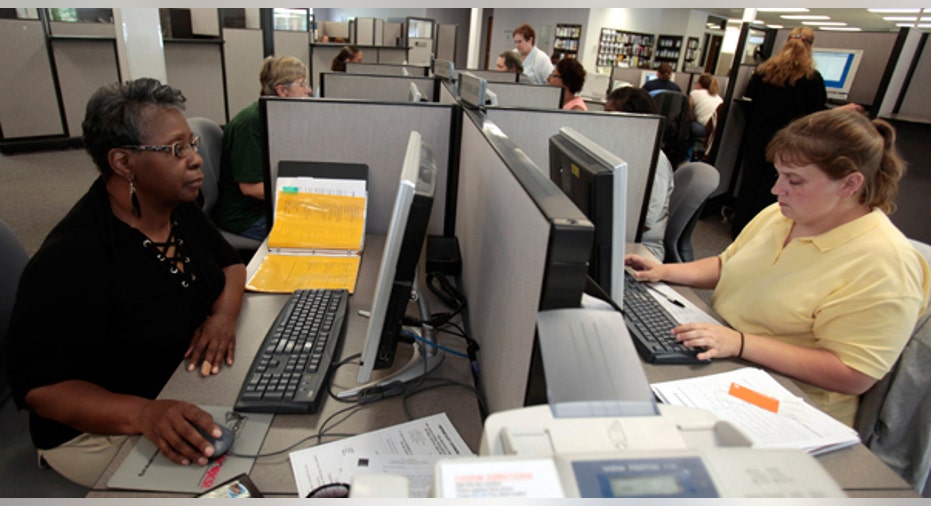Do Tough Economic Times Make Employees Work Harder?

Workers increase their output and productivity during economic downturns, new research has found.
The study, based on data from the U.S. Bureau of Labor Statistics, found that worker productivity increased during the height of the latest recession, which lasted from December 2007 to June 2009.
"What is fascinating about this study is that the increase in productivity that occurred during the last recession is a consequence of making do with less — the quality of the workforce at the firm we study hardly changed," said Christopher Stanton, assistant professor of finance at the David Eccles School of Business and a co-author of the study. "This is evidence that in areas where unemployment is high, workers are responding to the reduced likelihood of obtaining an alternative job and, therefore, working harder to keep the one they have."
[10 Tips to Improve Productivity at Work]
The research polled more than 23,000 employees in a number of firms from more than 10 states and examined the performance of "star" and "laggard" workers. Star workers were defined as employees who consistently performed better than the average worker, while laggard workers were defined as employees whose productivity was less than average worker's.
Though all workers saw some kind of increase in their productivity, laggard workers actually saw the biggest changes in productivity.
"I think the prevailing wisdom prior to this paper was that firms were laying off their least-productive workers; the evidence suggests that, even if that were the case, it would only explain a tiny fraction of the change in productivity," said Stanton, who conducted the research with Stanford University researchers.
The researchers also believe the study highlights an important finding about the motivation of workers in general.
"This study provides valuable insight as to what motivates workers on the job, and how individuals respond to the pressures of a recession," Stanton said. "An increase in the unemployment rate makes finding an alternative job more difficult, which reduces the relative cost of effort. It's possible that less-productive workers are most responsive to recessions and increases in local unemployment rates because their alternatives diminish the most during weak economic times."
Originally published on BusinessNewsDaily.



















